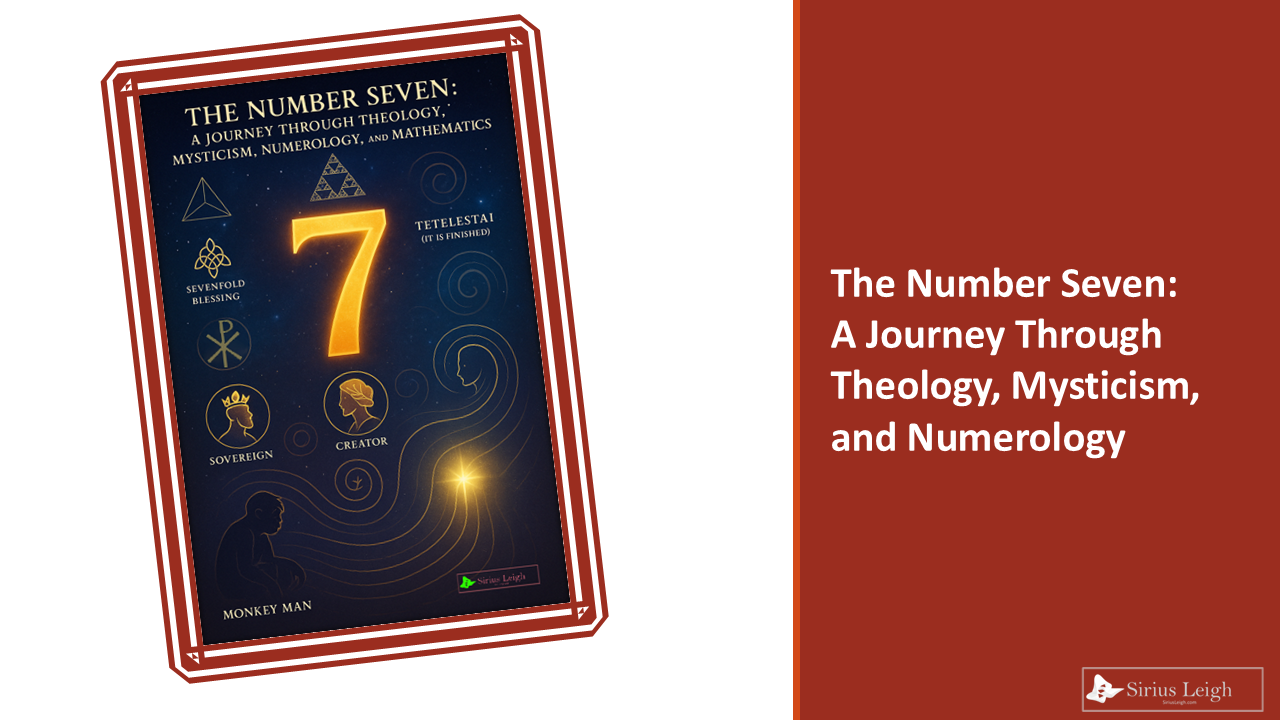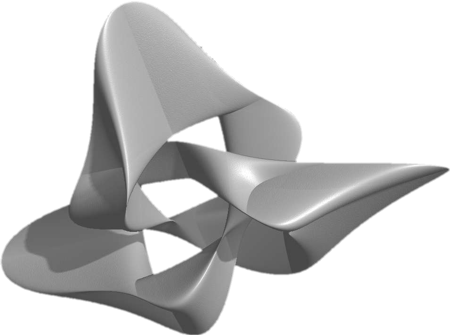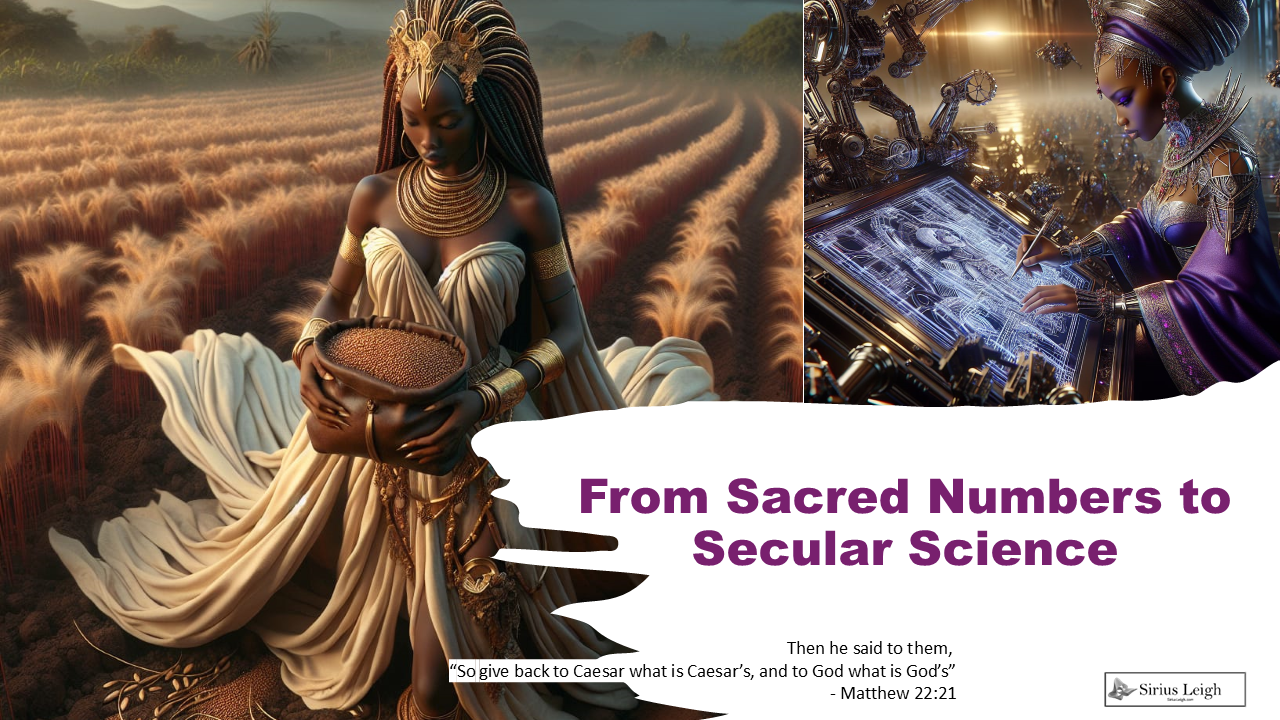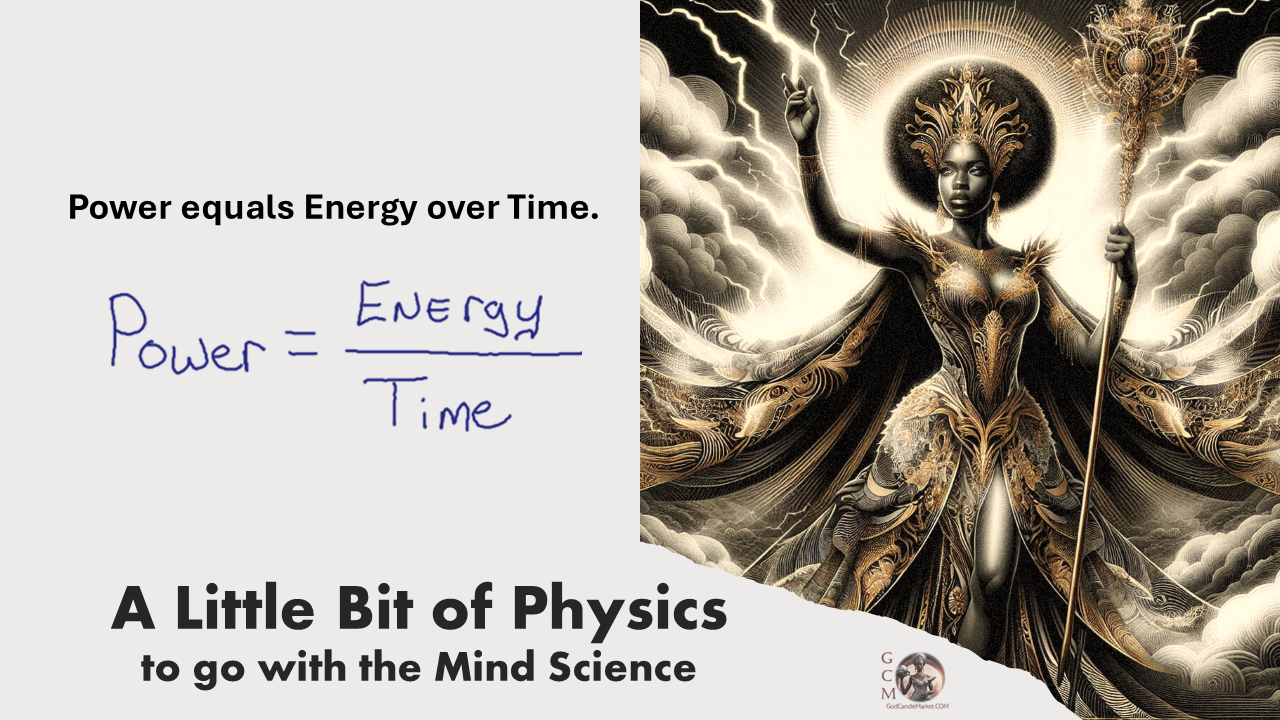
The Number Seven: A Journey
Through Theology, Mysticism, Numerology, and Mathematics
The number seven has long held a place of honor in human culture, not only as a symbol in theology, mysticism, and numerology but also as a mathematically intriguing figure. When we look closely, we find that seven forms a bridge between the spiritual and the logical, the symbolic and the precise — a number where divine meaning and mathematical truth intertwine.
Theological and Mystical Significance
In theology, seven signals sacred completion and divine order. In Judeo-Christian tradition, the seven days of creation establish a pattern of work and rest, labor and worship, that reverberates through human history. Revelation’s seven seals, seven trumpets, and seven spirits represent cosmic fullness, divine mystery, and judgment.
Mystically, seven appears across cultures as a symbol of transformation and energetic flow: the seven chakras channeling spiritual energy; the seven classical planets guiding Hermetic wisdom; the seven lower sefirot in Kabbalah shaping the bridge between human experience and the divine realm. Seven becomes the sacred ladder, moving from earth to heaven, from the base self to the enlightened spirit.
Numerological Resonance
Numerologically, seven is the number of the seeker, the analyst, the contemplative. It carries qualities of introspection, intuition, and the quest for hidden knowledge. Where other numbers drive outward into the world of action, seven turns inward, gazing into life’s mysteries, asking: What lies beneath?
Those resonating with seven often pursue spiritual or intellectual paths, preferring depth over surface, essence over appearance. Seven offers not mere completion but the preparation for higher initiation, whispering that every cycle of growth spirals into the next.
Mathematical Elegance
Mathematically, seven stands out as a prime number — it cannot be divided evenly by anything other than one or itself. This indivisibility gives seven a sense of wholeness and integrity: it is irreducible, fundamental, a pure building block in the number system.
Seven also plays a notable role in cycles and patterns. For example, when you divide a circle (360 degrees) by seven, you get repeating decimals — reflecting seven’s stubborn resistance to neat symmetry. In modular arithmetic, seven creates interesting residue patterns, and in probability, seven (as the sum of two dice) becomes the most common roll, sitting at the heart of chance and luck.
In geometry, seven’s challenge lies in its relationship to shapes: unlike four or six, you can’t tile a flat surface with regular heptagons. This gives seven a sense of standing apart, holding mystery even within the logical framework of math.
Seven as a Completion and a Gate
Spiritually and mathematically, seven completes a phase. A triangle (three points) plus a square (four points) gives seven — the marriage of spirit and matter, as ancient symbolism often portrayed. But it doesn’t stop there: seven marks the completion of one cycle and sets the stage for the next.
In theological terms, seven days lead to the eighth day — the day beyond time, where eternity breaks in. Mathematically, seven’s prime status marks it as a gate: it cannot be broken down further, but it opens into new layers of pattern and discovery.
Seven, then, is not just a number: it is a sacred portal, a mystical bridge, and a mathematical marvel. It reminds us that the universe is layered with meaning — and whether we approach it through faith, symbolism, or scientific inquiry, we encounter a number that consistently whispers of deeper truths, standing ready to guide us into the next unfolding cycle.
The Evolution of Mathematics Mathematics, today viewed as the epitome of logic and objectivity, began its life…
In physics, the power equation is simple but elegant it states that Power equals energy over time.…
Tag:number 7


